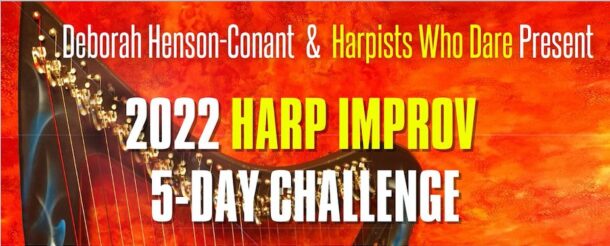If you’ve ever been in a situation where you’re told you look like an idiot, or that you’re driving everybody crazy, and where you can predict that people are talking about you behind your back (because you hear them talking about others) — then you know that it’s not helpful to consider any of this information in the spirit of useful critique.
It would be great to be oblivious to it – at least to the emotional impact of it. But there’s no switch where you can turn those kinds of faulty signals off.
Or is there?
Here are the scenes that flooded my consciousness the minute I wrote that:
1. “Let’s say you’re standing on a street corner and people are talking all around you” – a therapist once said to me – “You can choose which conversations to listen to.”
2. My friend Nat has worked for years in the MIT sound lab. We talk about sound and perception. Among other things we talk about how to build listening/hearing devices that can choose the focus of what they “hear” or “pay attention to” he way humans can.
3. In music school, the first time I heard Shoenberg’s “Pierrot Lunaire” it sounded like indistinguishable noise. Eventually – as I studied it and began to understand how it was composed, I experienced it as beautiful, evocative and emotional. I fell in love with it.
4. When I play with the Steve Vai band, I often hear people say ‘I couldn’t hear you at all in the first few tunes.’ While it’s possible that my sound (electric harp) is buried a little more in those first few tunes than in the rest of the show, I also know that it takes people – even other harpists – a few tunes to ‘identify’ my sound in the mix – and there’s probably nothing anyone can do it about. People’s ears may just need that amount of time and that much information in order to differentiate what they’re hearing.
Here are the words that pop out to me when I read what I just wrote: “focus,” “differentiate” and “pay attention.”
Here’s what it makes me think:
We can change our focus, we can eventually differentiate given the right training – and we can choose to pay attention … or not. We can’t control the signals that come at us, but we can control which aspect of them we truly listen to and consider ‘useful information.’ We can pull one sound out of seeming cacophony.
I don’t mean I can always do that. I long to have better skills at that.
On the other hand …. this situation just flooded into my mind:
When I play the harp and there’s a something in the room that happens to vibrate at the same frequency as one of the strings, then every time I hit that string, that something vibrates maddeningly …. until I can find it and secure it in a way that makes it stop responding.
So that says to me that regardless of what we want to focus on, if there there’s something in us that resonates to a frequency that’s being sounded — we’re going to buzz.
Do I have a conclusion? No. This is just one of those things I’m going to keep thinking about. Probably ’til I die. At which point, theoretically, I’ll be granted full emotional oblivion. Gratis.






First I want to say that I will be playing “Congratulations” today since my amazing wife pulled off an amazing surprise 50th birthday party for me today (a month or so early).
Second, here’s my facebook response to this blog post, re-posted here:
A wise man once told me a secret to not getting too stressed in the corporate world was to wear an imaginary (I think he meant imaginary anyway) teflon jacket to work so you can let the bad stuff just slide off. I’m not sure exactly what the analog is for what you’re describing but I think it is related to the ability I am blessed with to be able to “not hear” screaming babies on airplanes or all the clatter in the airport when waiting at the gate. I can usually read or do email or carry on a conversation with an associate as if all that other stuff isn’t there.
As for not hearing the harp well in the first few Vai numbers I had that same thought when I saw the Boston show but I figured out that it was because I came to see you but it was a Steve Vai tour. Once I adjusted my expectations to what you’d been telling us for months: “I’m in the band”, I knew your sound was part of the overall experience, not the foreground of the overall sound. I play guitar and though Steve’s music isn’t in the center of my favorite style range I did enjoy it but I enjoyed you and Bev even more both because of style of music and simplicity of arrangement. Steve’s performance is traditional heavy rock wall of sound even though he’s anything but traditional with what he plays in that sounds. You and Bev’s stripped down acoustic guitar and harp left room to hear each part. I prefer music presented that way.